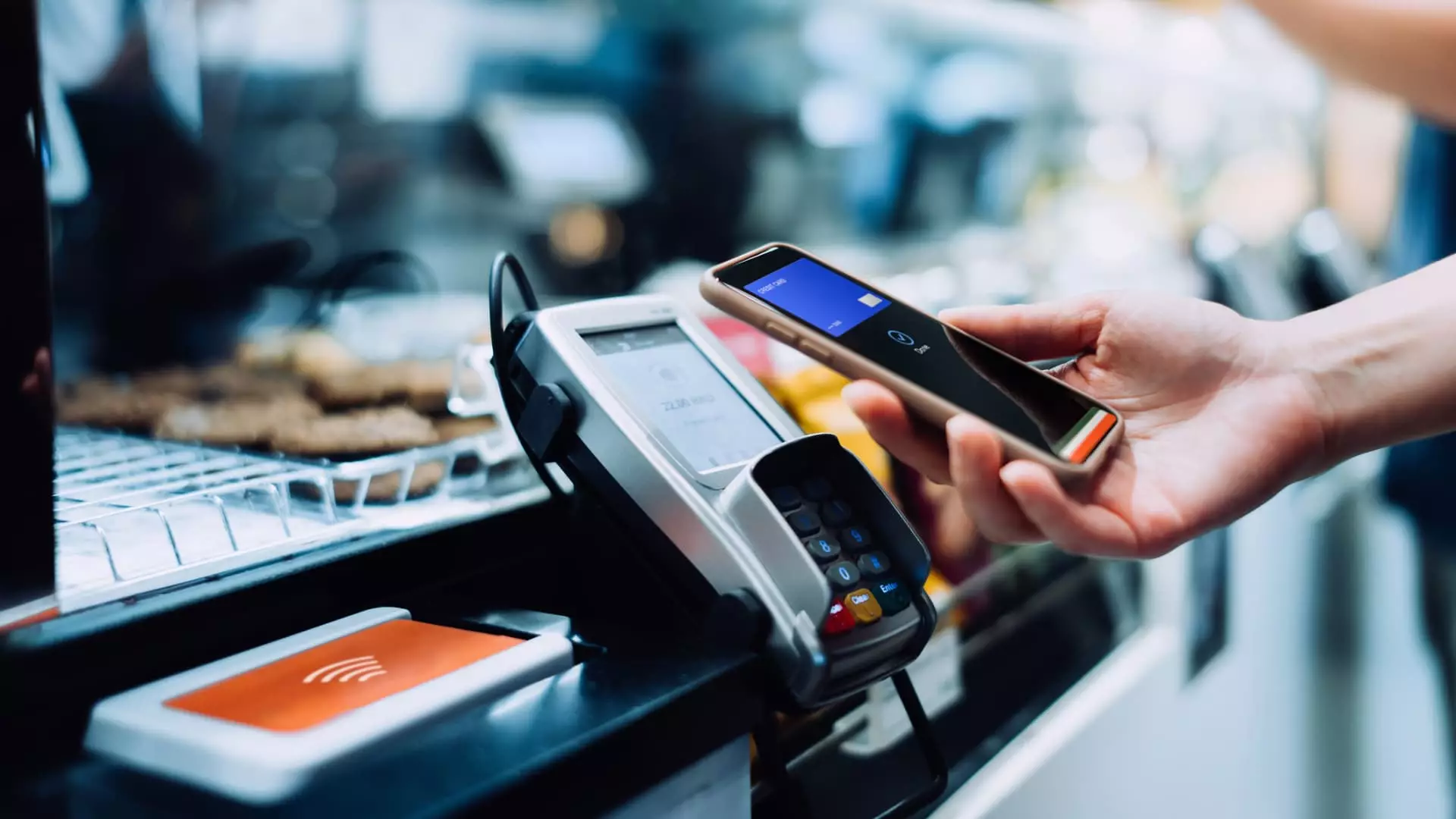In the fast-evolving realm of peer-to-peer (P2P) payment systems, the battle for consumer dominance has intensified dramatically. Venmo, a subsidiary of PayPal, is currently riding a wave of success, exhibiting robust revenue growth and promising user engagement metrics. On the contrary, Cash App, owned by Block, has encountered a rocky road, ticking down in performance just as Venmo shoots up. This dynamic paints a vivid picture of a competitive market where innovation and strategic investment are keys to survival.
This week’s quarterly reports from PayPal and Block underscore the contrasting trajectories of these two major players. PayPal’s leadership under Alex Chriss, who stepped in during a period of turbulence in 2023, indicates a renewed commitment to monetizing Venmo effectively. By integrating robust features like the Venmo debit card and instant transfer capabilities, PayPal shows that it’s ready to turn the tide on profitability. However, one must question whether this surge in metrics is merely a flash in the pan or the harbinger of a longer-lasting trend.
Monetization: The Heart of Success
With Venmo’s revenue notably increasing by 20% over the past year, it’s important to analyze the factors driving this growth. The added services are not just an afterthought; they’re central to transforming financial transactions into sustainable business models. It suggests that users are not only willing to adopt Venmo as a payment method, but they are increasingly utilizing advanced services that make the platform more compelling.
Yet, while Venmo’s advancements look impressive on paper, they prompt deeper inquiries about consumer loyalty and retention. Are users genuinely sticking around for the added services, or is this surge due to the novelty of these offerings? One could argue that while the numbers are encouraging, they demand a more qualitative analysis to comprehend Venmo’s sustainable growth. Are consumers genuinely perceiving increased value, or is PayPal merely riding a temporary trend?
Cash App’s Pivotal Challenges
Conversely, Jack Dorsey’s Cash App shows a lack of the same momentum, facing significant hurdles. Cash App’s failure to meet revenue expectations, coupled with Dorsey’s admission of insufficient focus on user engagement, raises concerns about the platform’s future. If users perceive Cash App as limiting, this could have lasting repercussions, potentially resulting in a long-term erosion of trust and loyalty among its user base.
Dorsey’s emphasis on Cash App Borrow, the newly permitted in-house lending program, is an attempt to change the narrative. However, one has to wonder if these attempts are too little, too late. The banking ambitions may offer some short-term uplift, but they also represent a pivot away from Cash App’s original strengths. Will this shift confuse existing users who signed up looking primarily for a seamless P2P payment experience?
The Implications for the E-Commerce Ecosystem
Furthermore, the implications of Venmo and Cash App’s trajectories extend beyond their individual successes or failures; they impact the broader e-commerce ecosystem. Venmo’s ability to integrate into online checkouts aligns them well with a digital-first consumer lifestyle, one that is increasingly reliant on swift, user-friendly transaction methods. Conversely, if Cash App falters in this realm, it could inhibit the growth potential of digital commerce, ultimately limiting the choices available to consumers.
Critically, this waning momentum at Cash App might catalyze a shift in user loyalty, as those seeking alternatives increasingly look towards Venmo. In a competitive space where user experience is paramount, the perceptions created by these financial tools not only affect their respective trajectories but have cascading effects on how consumers engage in the digital economy.
Strategic Reflections Moving Forward
As both companies navigate turbulent waters, the importance of adaptive strategies cannot be overstated. Venmo appears to be directing its focus on user engagement and revenue monetization, while Cash App grapples with an identity crisis and a lack of differentiation in a crowded market. The question looms: can Cash App pivot successfully without losing its original identity?
In a climate where consumer preferences shift rapidly, both platforms must reconsider their roadmaps carefully. To capitalize on their respective strengths, they should remain flexible while responding to changing consumer demands. The future of P2P payments hinges on such strategic foresight, making it a captivating space to watch as competition intensifies.

